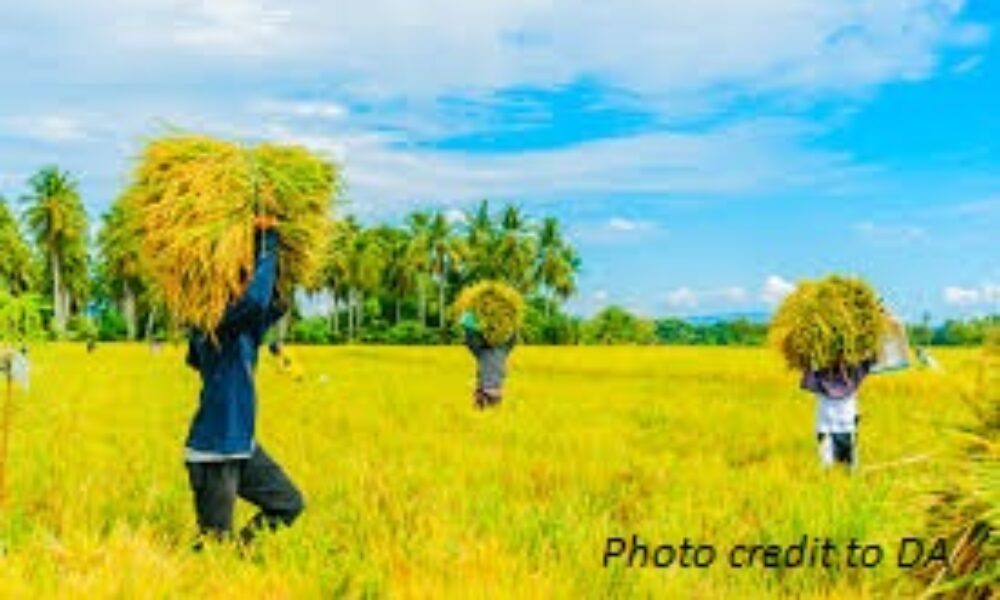
The Department of Agriculture (DA) in Western Visayas (Region 6) needs around PHP700 million to rehabilitate its sector damaged by Typhoon Odette that struck last December 17.
DA Regional Executive Director for Western Visayas Remelyn Recoter on Saturday said their proposed rehabilitation plan was submitted to the DA central office on Jan. 7 and as per feedback, the region will be given PHP135 million or around 12 percent of the target.
The budget she said will be sourced from the DA 2021 realigned budget, 2022 General Appropriations Act, and the Quick Response Fund.
The DA is not also discounting the possibility of assistance from the National Disaster Risk Reduction and Management Council.
The department will also assist commercial farms in seeking financing from the Land Bank of the Philippines, Development Bank of the Philippines, and the Agricultural Credit Policy Council.
The Philippine Crop Insurance Corporation will also indemnify insured commodities.
Over PHP5.78 billion worth of losses has been reported in Western Visayas with the rice and high-value crops as among those worst hit.
While waiting for the fund, Recoter said they have ready buffer stocks of around 5,000 bags in the region for palay farmers.
“There are buffer stocks left in 2021. (DA) Secretary William Dar has instructed other regions with buffer stocks to release them to affected regions,” she said in an interview.
She added that Central Luzon will be sending 4,000 bags of certified seeds while Calabarzon will send 1,000 bags.
They are still processing the transfer because the Western Visayas regional office will handle the transportation expenses.
The Philippine Rice Research Institute has around 2,000 bags of buffer seeds.
“If they won’t be enough, we also have advance procurement for the 2022 buffer stocks,” Recoter added.
Affected farmers are expected to use the replacement seeds for their cropping during the rainy season.
“The bulk is 2022 because most are in their vegetative, seedlings or newly established,” Recoter said.
With the huge losses, the regional office is expecting a 2 percent reduction on the sufficiency level this year compared with last year’s 135 percent.
While it is small when viewed at the macro level, the impact on farmers is huge, especially those with about to be harvested palay that are totally damaged, Recoter added.
Meantime, the regional office has around 400 kilos of assorted vegetable seeds to be released to vegetable farmers.
It will be given as initial assistance that they can use meantime for backyard gardening as the regional office will be procuring more vegetable seeds. (PNA)






